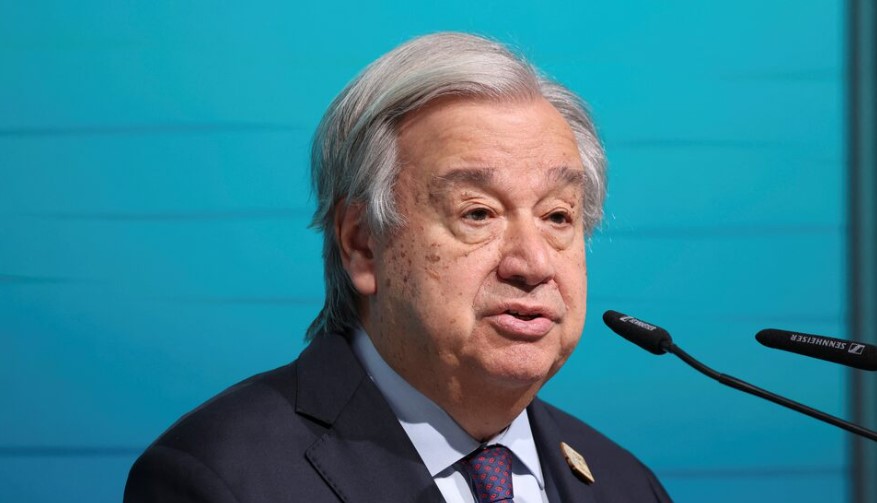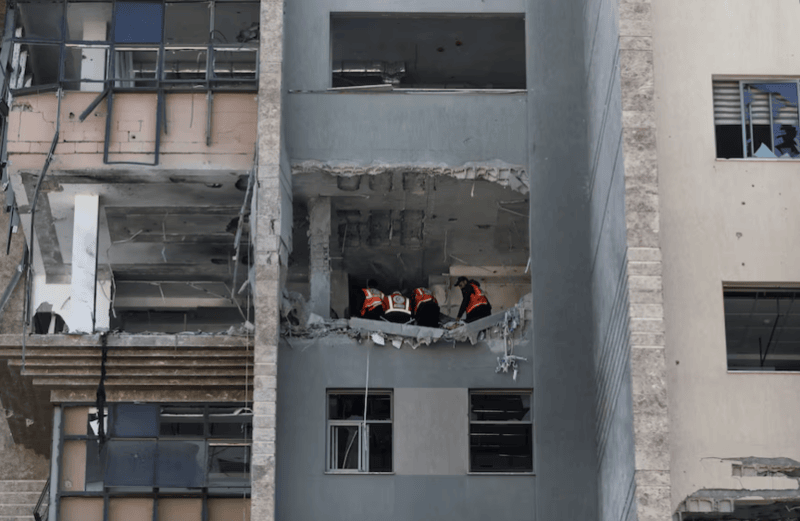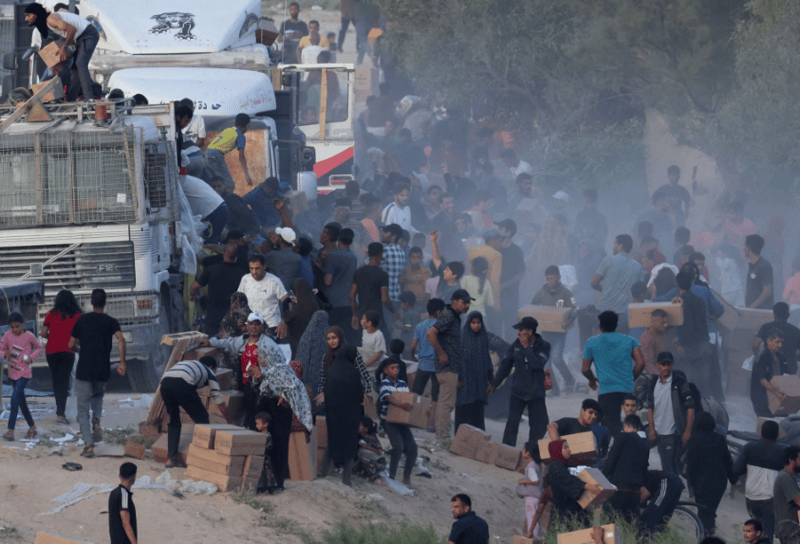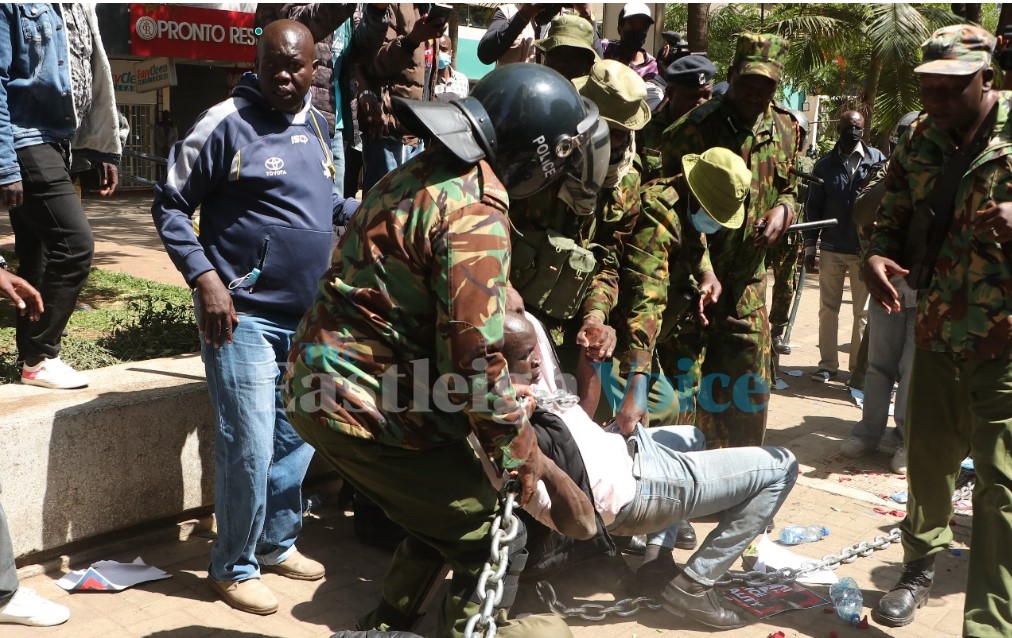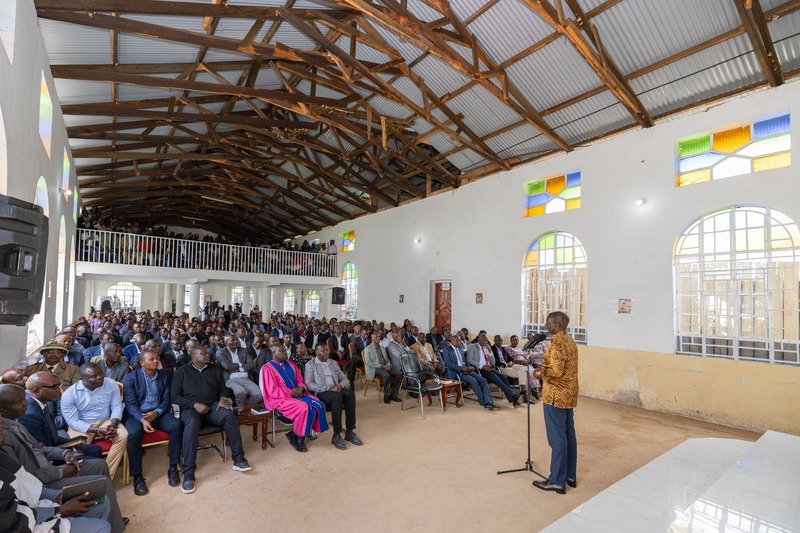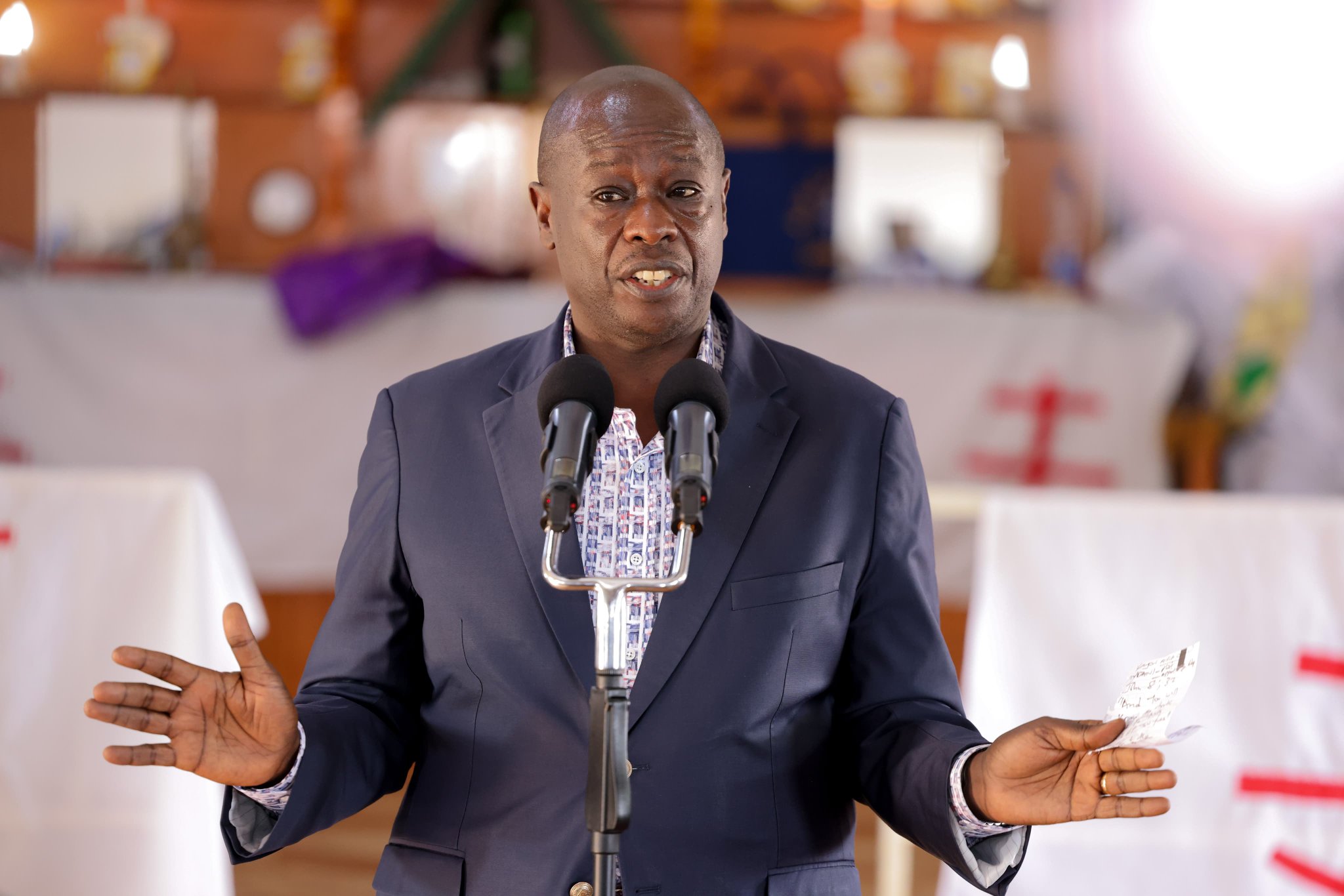Road accidents menace: Ruto says laxity in law enforcement to blame
By Mary Wambui |
The president says the laxity has led to impunity, which has contributed to an increase in the high-risk behaviours behind accidents.
A lax enforcement of existing laws has contributed to the rising road crash fatalities in the country, President William Ruto has said, ending his silence on the issue that has claimed over 1,000 lives this year alone.
Ruto said this has led to impunity, which has contributed to a rise in the high-risk behaviours behind these accidents.
Keep reading
- Abel Bitok accused of leading abduction unit denies claims, calls for DCI probe
- Ex-CJ Willy Mutunga: Imagining president's death is not a crime
- What about us? - Kenyans slam Ruto for mourning abroad while abductions rise at home
- Embu residents warned against further protests over Billy Mwangi’s abduction
"We all know how corruption aids speeding, reckless driving, drunk driving ... and allows those who commit these crimes to escape because they can bribe their way through our systems," he said.
He spoke at the Kenyatta International Convention Centre (KICC) in Nairobi on Wednesday, during the launch of the National Road Safety Action Plan 2024-2028, which aims to have casualty numbers. It provides the national strategic direction for the successful implementation of road safety policies.
"The numbers have to come down and the template of how that will be done is known; it has been practised elsewhere," he said. "The target for this plan is to cut the numbers by 50 per cent. I will be looking out for the 50 per cent."
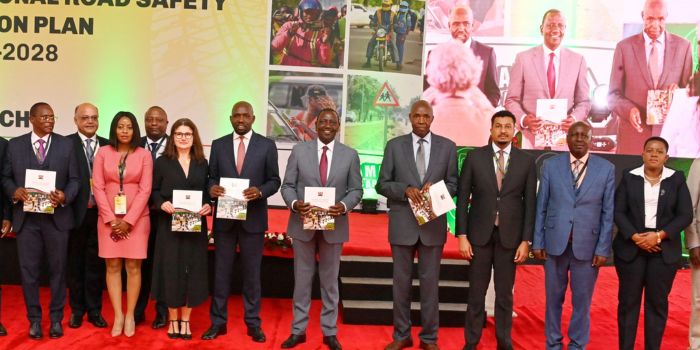 President William Ruto, Transport minister Kipchumba Murkomen and other officials attend the launch of the National Road Safety Action Plan 2024–2028 at the Kenyatta International Convention Centre (KICC) in Nairobi on April 17, 2024. (Photo: PCS)
President William Ruto, Transport minister Kipchumba Murkomen and other officials attend the launch of the National Road Safety Action Plan 2024–2028 at the Kenyatta International Convention Centre (KICC) in Nairobi on April 17, 2024. (Photo: PCS)
The president accused officials of leading agencies tasked with enforcing laws of seeking to do convenient and popular things, not what is right.
"Impunity is keeping us from doing the right thing," he said.
He added, "As leaders, we are elected to lead, serve and make a difference in people's lives. We are not elected to be popular. If you want to be continuously popular, don't be a leader; be something else. Be a comedian. We will never go wrong by doing the right thing."
Ruto further directed the police traffic department and the National Transport and Safety Authority (NTSA) to work closely in efforts to curb road carnage.
"There has been some disconnect, sometimes competition between these two agencies. I expect greater collaboration so that we can see these numbers coming down."
The NTSA attributes 80 per cent of road crashes in the country to human behaviour.
The impact of this, according to Transport Cabinet Secretary Kipchumba Murkomen, has been a rise in the number of accident victim wards in all hospitals above level five and the loss of about Sh450 billion annually, equal to about five per cent of the gross domestic product.
Murkomen said the ministry is piloting the use of Intelligent Transportation Systems at eight key junctions ahead of the placement of about 200 others elsewhere in the city. The system aims to improve safety and reduce congestion on the roads enabling an efficient flow of traffic.
"We should have speed cameras in place at all high-risk locations along the A8 Mombasa-Malaba highway by the end of the year. I will be gazetting, in another week or so, the task force that will work on the smart transport system, which will encompass the police, Judiciary, county governments and national government departments, including the NTSA, to work on the legal framework for that enforcement."
Also set to be adopted are vehicle telematics systems that schools will use to track the movement of their vehicles.
Further, the ministry intends to end the sale of market products near highways to prevent possible tragedies.
"Many Kenyans like to purchase their goods while inside their cars. We will provide access roads to markets so they can buy goods and go. The markets must move away from the roads because areas like Kangemi are disasters in waiting," the CS said.
Nairobi Governor Johnson Sakaja said impunity has led to the licensing and opening of wines and spirits shops at many matatu termini in Nairobi, which drivers and their crew frequent during the day, as they wait for passengers.
He said this is a reason why the city leads in the number of public service vehicle fatalities in the country.
"I have closed 150 of those [outlets] and others in the backstreets of the city. We will not open them. We can have them operated elsewhere. We cannot lose lives in that manner."
Reader comments
Follow Us and Stay Connected!
We'd love for you to join our community and stay updated with our latest stories and updates. Follow us on our social media channels and be part of the conversation!
Let's stay connected and keep the dialogue going!

